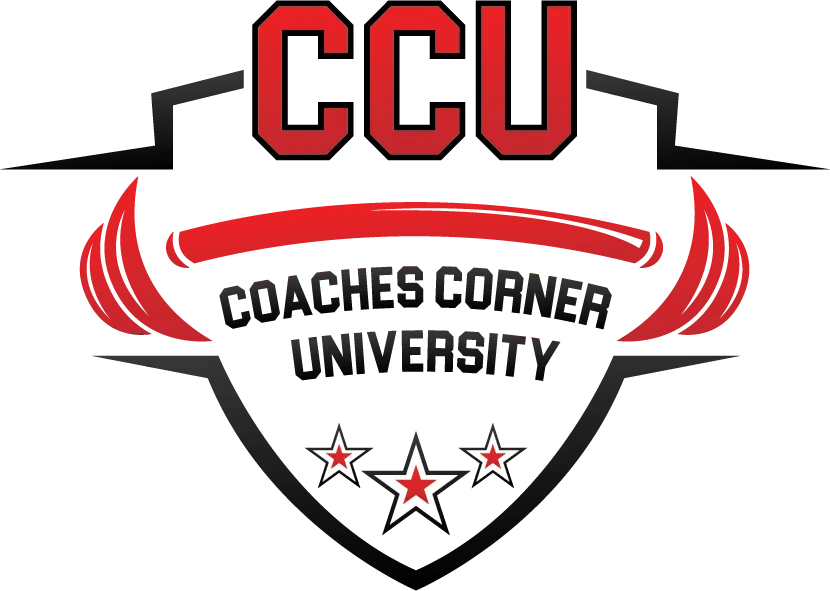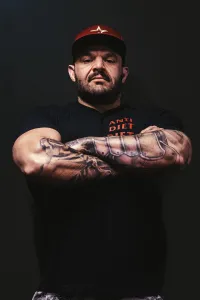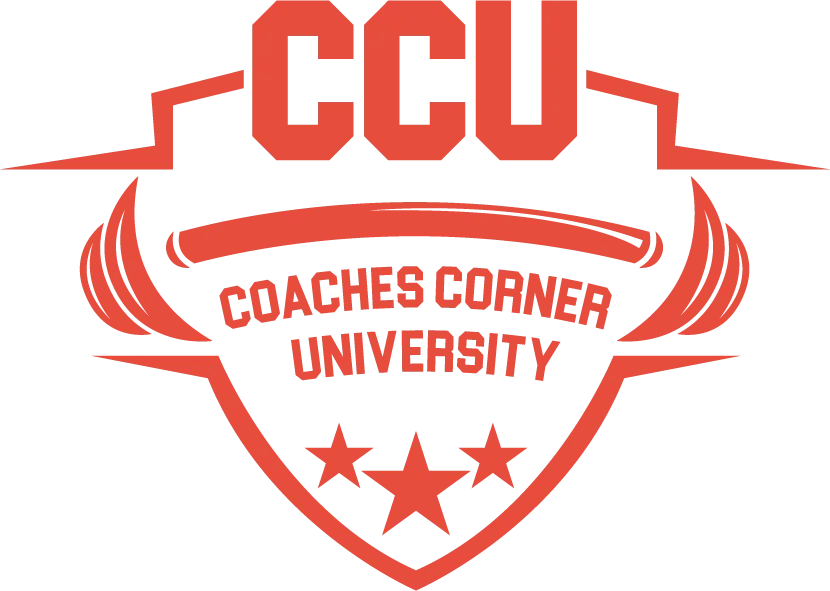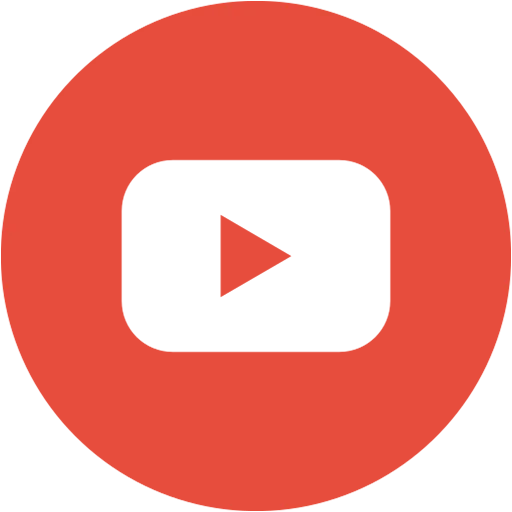Discover The Latest Blogs
Stay updated with Our Informative Blog Posts
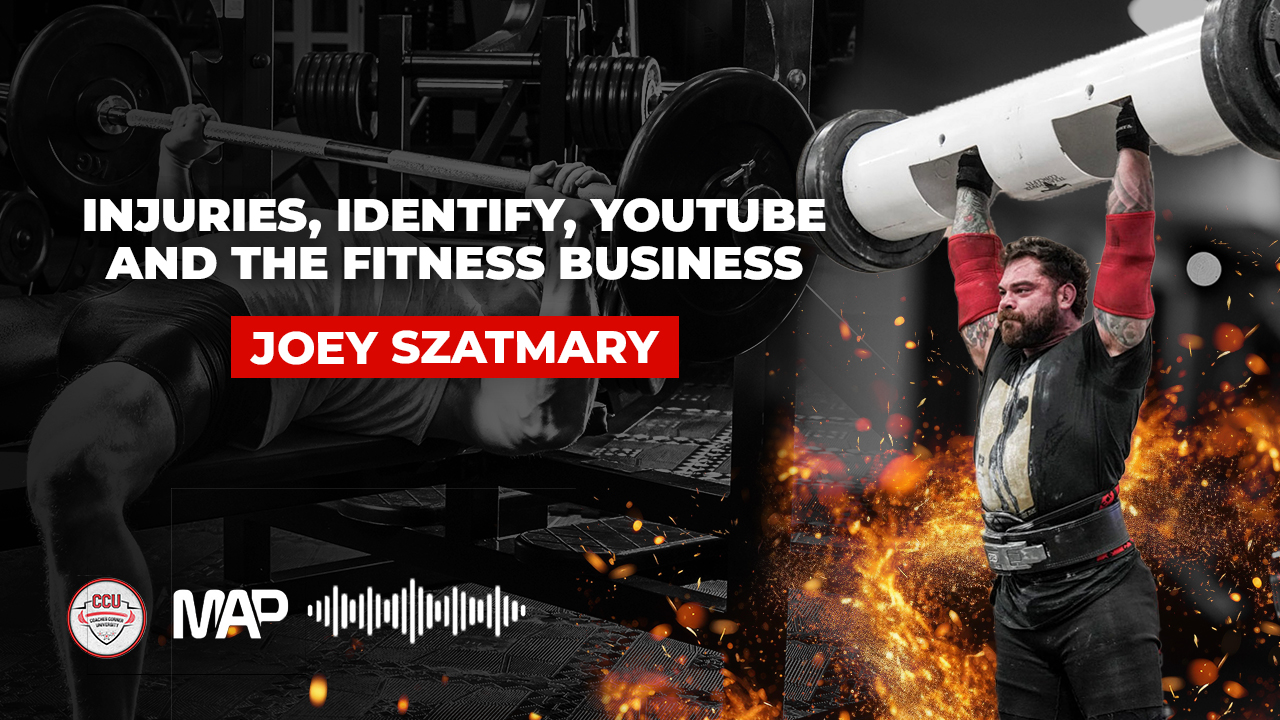
CCU Podcast - Injuries, Identify, YouTube and the Fitness Business with Joey Szatmary
Injuries, Identify, YouTube and the Fitness Business
Today, I sat down with Joey Szatmary, who is the Owner of the business/brand "Szatstrength" and Lions Den Strength and Performance. Joey is a father and husband first, a strength-sport athlete, and, most notably, a strongman. Joey’s accomplishments include: Pro Strongman, 2019 USS Overall National Champion for the 242 & 275 class. 2018 Team USA for the 105kg class, taking third, PA Strongest Man 2x, gym owner of 8 years, high school strength and performance coach, and lacrosse coach, and he has a YouTube channel with 137k subscribers.
What struck me most about Joey wasn't his competitive accomplishments or his subscriber count—it was his willingness to talk about feeling empty on the podium, burning out from pushing too hard, and learning to periodize his life the same way we periodize training. This conversation reminded me why I do this podcast: to showcase people who do extraordinary things for others while being honest about the messy, complicated journey it takes to get there.
10 Key Takeaways from Injuries, Identify, YouTube and the Fitness Business
The First Week After Major Surgery Will Test Everything You Thought You Knew About Pain
Joey tore his quad in Texas and got into surgery within two days. He had previous experience with injuries—torn bicep, pec tear, multiple knee surgeries—but nothing prepared him for the reality of quad repair recovery. The first two to three weeks were absolutely brutal, with the first week being nearly unbearable. He couldn't sleep more than an hour or two at a time, the pain was constant, and being down a leg meant he couldn't do basic activities like go to the bathroom or shower without help. Joey emphasized that anyone going into this surgery needs to understand it's going to be worse than they think, but if they can just get through that first week or two, there's light at the end of the tunnel.
Your Identity as an Athlete Can Become Your Biggest Liability
In 2019, Joey won the strongman nationals, beating both the 242 and 275 weight classes. He'd trained perfectly, everything went according to plan, and he stood on that podium with his WWE-style belt and trophies. And he felt absolutely empty. He realized in that moment that he had tied so much of his identity to this goal that, when he achieved it, his brain immediately asked, "What's next?" rather than allowing him to feel fulfilled. Joey recognized that he'd always heard people say "don't tie your identity to the sport," but it wasn't until that moment that he truly understood it. That experience became his measuring stick for the quad injury—he already knew his identity was bigger than competition, so losing the ability to compete (temporarily or permanently) didn't send him into crisis.
Reflection Requires You to Stop Doing and Start Being
Joey talked about how most people, especially in the strength world, spend all their time doing and very little time being. The question isn't just "what do you do?" but "who are you at the core?" Powerlifting, strongman, bodybuilding—these are reflections of who you are, not who you are. For coaches who push themselves relentlessly, who are always chasing the next client or the next PR or the next piece of content, this idea of scheduling time for self-reflection might feel impossible. But Joey emphasized that without that time to assess whether your thoughts, feelings, actions, and priorities are aligned, you end up on autopilot—and autopilot leads to burnout, resentment, and eventually breaking down.
YouTube Started as a Training Log, Not a Business Plan
Joey's YouTube journey began around age 19 or 20, inspired by people like Zach Evanesh, Joe DeFranco, and Mark Bell, who were doing gritty underground training content. He literally filmed his first videos on a laptop webcam and just wanted to document his training journey so he could look back and have proof of what he'd done. There was no grand strategy, no monetization plan—just a desire to answer his own questions and share what he was learning. The turning point came when he reached out to Brian Alsruhe, drove two hours to train with him, paid for his time, and ended up creating Olympic lifting tutorials for Brian's channel. That collaboration led to 10,000 subscribers overnight and opened doors to relationships with people like Jujimufu that continue to this day.
The Season of Yes Is Real, But So Is the Season of No
Early in Joey's career, he was in a season of yes—saying yes to every opportunity, driving 12 hours to train with people, creating content constantly, and building relationships. He's proud of that approach and credits it with opening doors he couldn't have predicted. But now, as a husband and father running a gym and coaching athletes, he's more selective. His top priority is his family—he doesn't want to miss the big moments. The shift isn't about becoming closed off; it's about having the self-awareness to know when an opportunity aligns with your current capacity and values. Joey still says yes to cool opportunities, but he's learned to assess whether pursuing something will enhance his life or drain it.
Abundance Mindset Eliminates Competition Between Coaches
Joey talked about how there's a gym 15 minutes from his house owned by Danny Swole, and instead of viewing it as competition, they support each other. He emphasized that there are 7.8 billion people on the planet, and he only needs 50 to 100 clients to have a great living. The scarcity mindset stems from insecurity—not being confident in who you are or what you offer. Every successful person Joey works with operates from abundance because they understand that collaboration benefits everyone and grows the industry as a whole. He's given away countless pieces of free advice, lost money on opportunities that didn't pan out, and still believes that hard work pays off and that things have a weird way of working out when you're genuine and opening doors rather than closing them.
You Can Periodize Your Life the Same Way You Periodize Training
Joey worked with Jujimufu, who asked him, "How do you periodize your life?" Joey had never thought about it that way, but it became a game-changer. Just like you can't push maximum intensity year-round in training without burning out, you can't push maximum intensity in all areas of life simultaneously. Joey now plans his year with different seasons emphasizing different areas—maybe one quarter is focused on in-person coaching and building the gym, another on content creation and YouTube, another on competition prep. He assesses what fills his cup versus what empties it, and structures his year accordingly. This isn't about perfect balance (which doesn't exist); it's about chronic balance over time.
Your Capacity Has a Limit, and You Need to Know When You Hit It
Joey recently had a three-week period where he was going absolutely balls to the wall—working with a client six days a week multiple times per day, running his gym, coaching at high schools, creating content, and travelling to meet with people like John Heck and Jocko Willink. Everything was going great until he realized on the drive home that he'd hit his capacity. He noticed himself getting irritated with his wife over things that usually wouldn't bother him, and that was the sign that he needed to pull back. Joey emphasized that self-awareness is a skill—you need to recognize when you're redlining mentally or physically, and when your fatigue is starting to affect relationships and decisions. That's when the wheels start falling off if you don't make adjustments.
Your Spouse Is Your Most Important Business Decision
Joey credits his wife with changing his life. She supports his vision, pushes him to pursue opportunities when he's on the fence, and has the awareness to tell him when he's pushing too hard based on patterns she's seen before. He emphasized that if you have big visions and goals and your partner isn't aligned with that, there's going to be friction that eventually explodes. Communication is everything—being truthful about what you want, what you're willing to put in, and what you need from each other. Joey's top priority is his family, and having a wife who understands his drive while also holding him accountable to his values has been essential to everything he's built.
Success Isn't a Destination—It's Whether You Can Sleep at Night
When asked how he defines success, Joey didn't talk about money, followers, or competitive achievements. He said success is doing work that aligns with his morals and values, doing the best job he can in his relationships, and being able to put his head on the pillow at night feeling good about his decisions. External metrics will always change—followers come and go, money fluctuates, shiny objects fade. But if you're making decisions based on whether you'll be able to sleep that night, whether you're living a full life (working hard, laughing, crying, feeling emotions), and whether you're bringing value to others while being receptive to what others bring to you, that's success. Joey learned early on that he could achieve the biggest goals and still feel empty if those achievements weren't tied to something deeper.
This conversation with Joey reinforced something I've been thinking about a lot lately: the coaches who last in this industry aren't the ones who push the hardest for the longest. They're the ones who develop self-awareness about their capacity, who build their identity on something bigger than their sport or their business, and who periodize their lives with the same intentionality they bring to training programs.
Find Joey
Website - szatstrength.net
Instagram - @szatstrength
YouTube - @SzatStrength
Podcast - Becoming The Lion
Find the Podcast
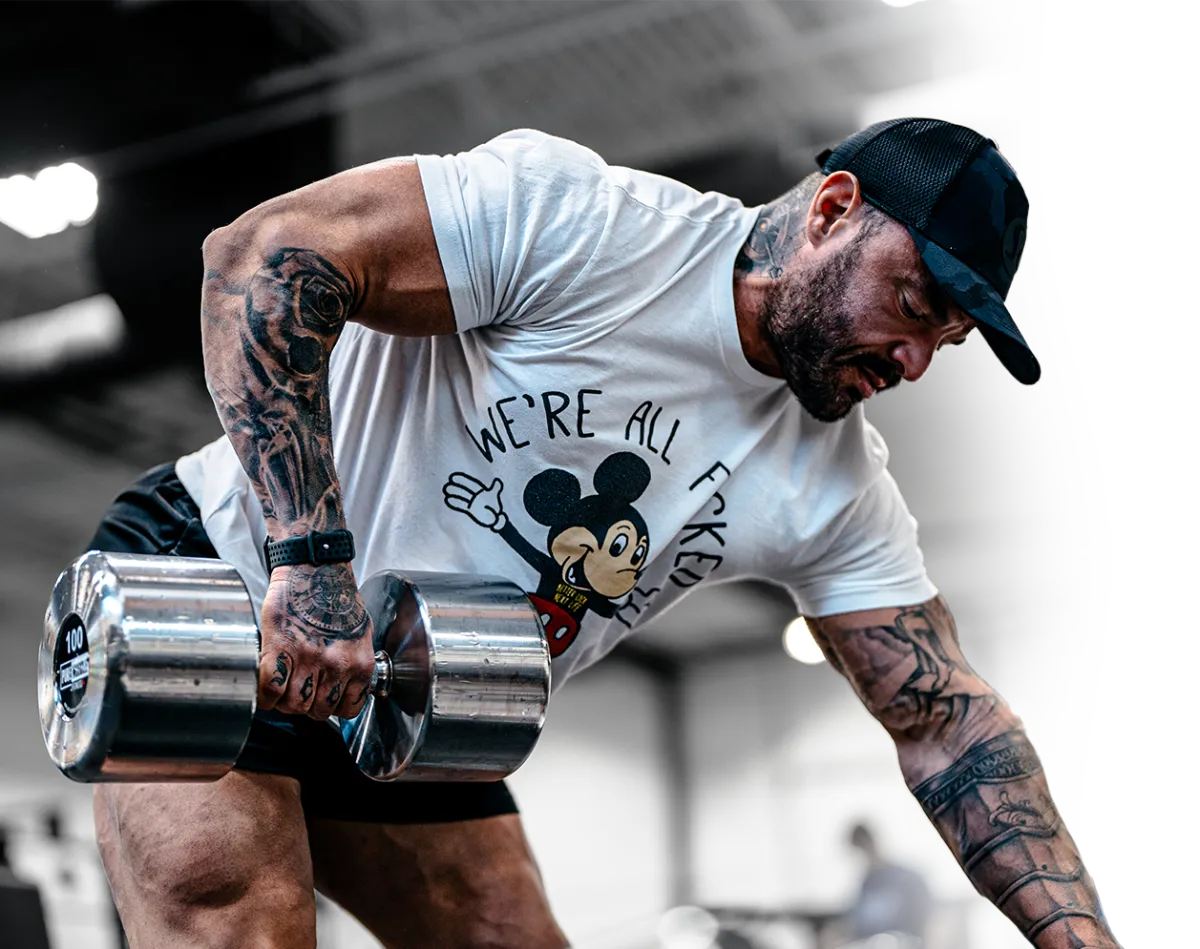
Coaches Corner PhD
